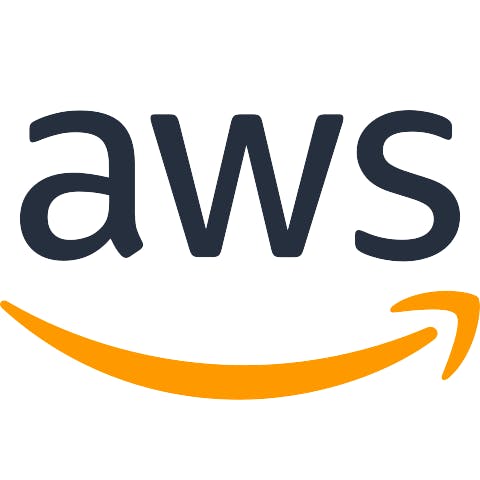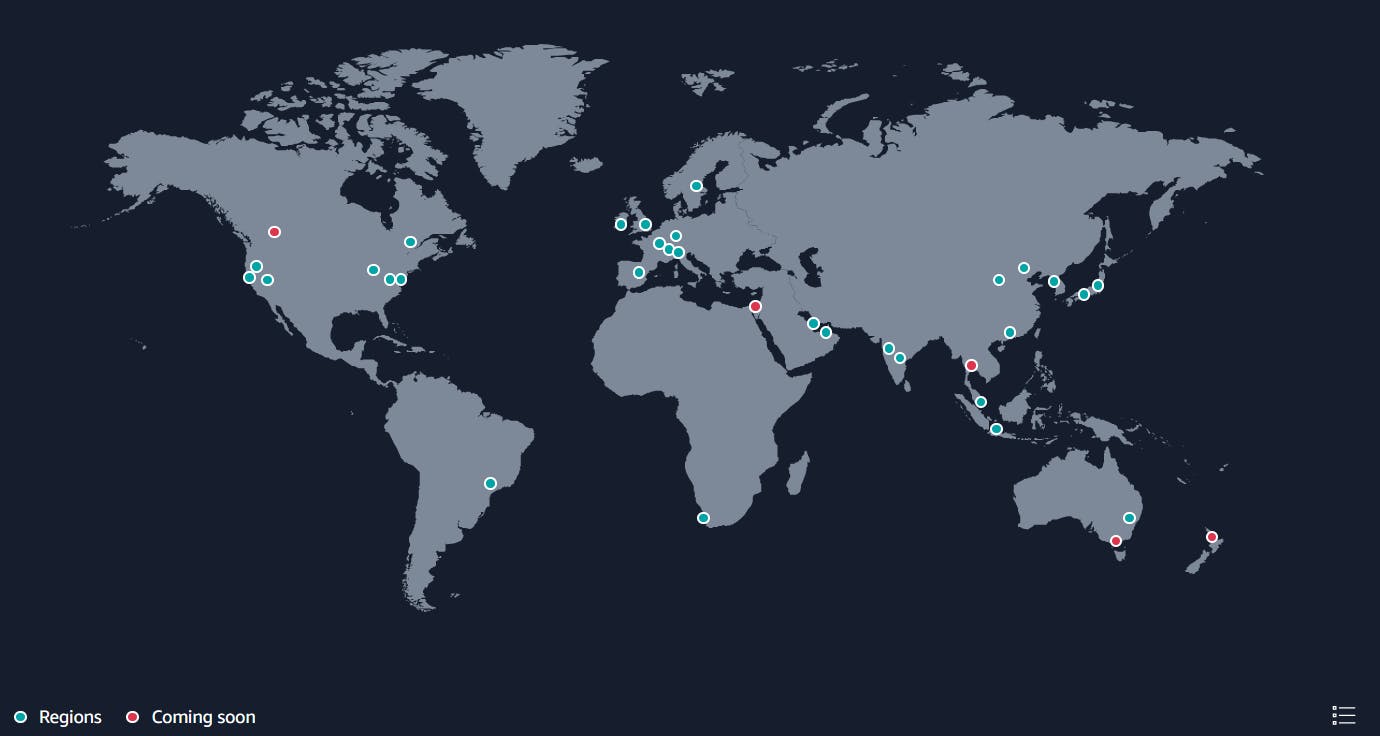Introduction:
Amazon Web Services (AWS) is a collection of remote computing services (also called web services) that make up a cloud computing platform, offered by Amazon.com. The AWS Cloud spans 96 Availability Zones within 30 geographic regions around the world. The most central and best-known of these services arguably include Amazon Elastic Compute Cloud (EC2) and Amazon Simple Storage Service (S3).

Most used (major) AWS offerings:
AWS's version of virtual computers emulates most of the attributes of a real computer, including hardware central processing units (CPUs) and graphics processing units (GPUs) for processing; local/RAM memory; hard-disk/SSD storage; a choice of operating systems; networking; and pre-loaded application software such as web servers, databases, and customer relationship management (CRM)
AWS's S3 provides storage through web services interfaces (REST, SOAP, and BitTorrent). Amazon markets S3 as storage for the Internet. It is designed to make web-scale computing easier for developers. S3 is the most supported storage platform available, with integration from the largest community of third-party technology providers, as well as S3's own native features.
AWS also offers a wide range of services for various use cases such as analytics, IoT, machine learning, and more. These services are designed to allow users to easily and efficiently process and analyze data, build and deploy machine learning models, connect and manage IoT devices, and more.
Scalability & Global reach:
One of the key benefits of using AWS is its scalability. With AWS, users can easily scale their resources up or down as needed, without having to worry about the underlying infrastructure. This allows organizations to respond quickly to changing business needs and also helps to minimize costs by only paying for the resources they actually use.
Another major benefit of AWS is its global reach. AWS operates in multiple geographical regions around the world and allows users to easily deploy resources in the region that best suits their needs. This can be useful for organizations with customers or users in different regions, as it allows them to provide faster and more reliable services.
Know more about AWS' global reach: Global Infrastructure (AWS)

Security:
AWS also has a strong focus on security. It provides a wide range of security features and services, such as VPC, IAM, and KMS, to help users secure their resources and data. Additionally, AWS follows strict compliance standards and has achieved certifications for a number of regulatory requirements.
Pricing:
The AWS ecosystem also includes a wide range of tools and services from third-party providers. This ecosystem allows users to easily integrate with other tools and services, such as monitoring and logging solutions, and to take advantage of pre-built templates and solutions for common use cases.
AWS also offers a variety of pricing options, including pay-as-you-go, reserved instances, and spot instances. This allows users to choose the pricing option that best suits their needs and budget.
Note: AWS also offers a generous free tier and supports startups by giving them credits.
More about AWS pricing: AWS Pricing

Conclusion:
Overall, AWS is a powerful and flexible cloud computing platform that offers a wide range of services for various use cases. Its scalability, global reach, security, and ecosystem of third-party tools and services make it a popular choice for organizations of all sizes.
However, it is important to note that while AWS is an excellent option for many organizations, it may not be the best fit for everyone. Before deciding to use AWS, it is important to evaluate your specific needs and requirements carefully and to consider other options available in the market.
AWS has been one of the most popular cloud platforms for a number of years, and with the continued growth of cloud computing, it is likely to remain so in the future. It offers a wide range of services that can help organizations of all sizes to easily and efficiently scale their resources and build and deploy applications, while also maintaining high levels of security and compliance.
One of the most notable features of AWS is its ability to host and run applications of all types and sizes. From simple websites and web applications to complex, large-scale enterprise applications, AWS has the resources and capabilities to handle it all. This makes it a great option for organizations that want to move their existing applications to the cloud, or for organizations that are looking to build new applications on a cloud platform.

